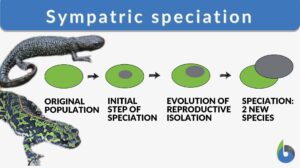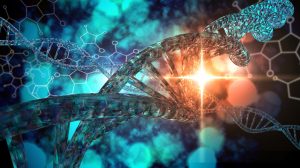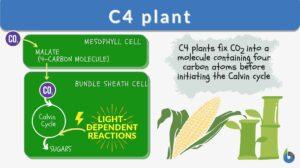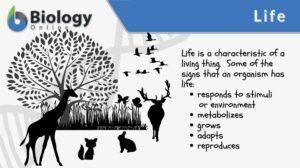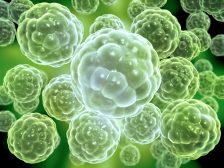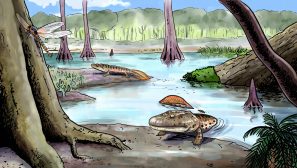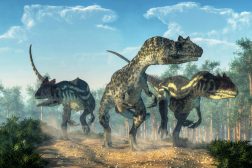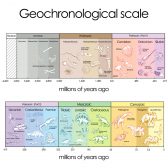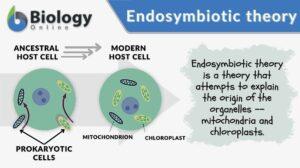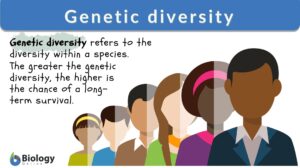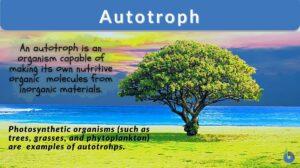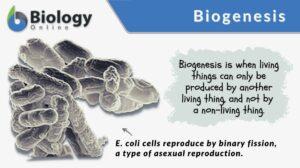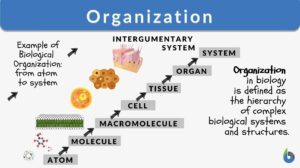Search Results for: emergence
Chlorophyll
Why are most plants green? Have you ever had the same question? Perhaps, you’ve been told that the plants are green... Read More
Sympatric speciation
Speciation is a process of evolution through which two different existing populations evolve and a distinct species form. It... Read More
Between Necessity and Probability: Searching for the Definition and Origin of Life (Advances in Astrobiology and Biogeophysics)
Between Necessity and Probability: Searching for the Definition and Origin of Life (Advances in Astrobiology and... Read More
Evolution of Life – Ancient Earth
Continuing from the previous tutorial investigating the origins of life on Earth.... Life began to flourish, and the... Read More
The consequences of antibiotic use in horticulture
Leading articles Frederick R. Falkiner* Department of Clinical Microbiology, Trinity College, Dublin; Central Pathology... Read More
The Evolution of Cell Organelles
The previous tutorial page noted the emergence of protists, organisms that possessed a distinct cell nucleus and contained... Read More
Amphibians & Early Reptiles
Amphibia Definition (Science: zoology) Amphibia is one of the classes of vertebrates. The amphibia are distinguished by... Read More
The Dinosaurs
Everyone has heard about the dinosaurs. No doubt one of the reasons why is because of their size, another being the fact... Read More
Geological Periods
Precambrian Times (Most Ancient) All time before life existed, Earth was still a volatile environment, though the origins... Read More
Charophyta
Charophyta is a taxonomic group (a phylum) comprised of green algae that live predominantly in freshwater habitats. Members... Read More
Endosymbiotic theory
A eukaryotic cell is distinct from a prokaryotic cell by the presence of membrane-bound cellular structures called... Read More
Last universal ancestor
Definition noun The hypothetical primordial organism from which all other species of organisms on Earth... Read More
Genetic diversity
Genetic Diversity Definition Each species is composed of individuals with their own set of genes. A gene is the inheritance... Read More
Multiple alleles
Alleles are the pairs of genes occupying a specific spot called locus on a chromosome. Typically, there are only two alleles... Read More
Cytokinesis
The cell cycle of eukaryotes is a cyclical series of biological events that certain asexual cells go through. The cell cycle... Read More
Fluid mosaic model
Fluid Mosaic Model Definition What is the fluid mosaic model? The fluid mosaic model is a three-dimensional representation... Read More
Spongy bone
Spongy bone, also known as cancellous bone or trabecular bone, is a type of bone tissue found at the ends of long bones and... Read More
Sexual selection
What is Sexual Selection? The definition of sexual selection is very interesting in biological terms. The sexual selection... Read More
Spontaneous generation
Definition noun plural: spontaneous generations The previously popular notion that living organisms arise or develop from... Read More
Chemiosmosis
Chemiosmosis Definition What is chemiosmosis? In biology, chemiosmosis refers to the process of moving ions (e.g. protons)... Read More
Biogenesis
Biogenesis Definition Biogenesis refers to the idea or the process whereby a living thing comes from another living thing,... Read More
Y chromosome
Y chromosome Definition The Y chromosome constitutes one member of the pair of sex chromosomes within an organism, a common... Read More
Law of biogenesis
Law Of Biogenesis Definition Law of Biogenesis states that life arises from pre-existing life, not from nonliving matter.... Read More
Organization
Organization Definition The meaning of the term "organization" is very simple. It means the state wherein things are... Read More
coronavirus COVID-19
Coronavirus Disease 2019 (COVID-19) Coronavirus Disease 2019 (COVID-19) is a contagious coronavirus disease first detected... Read More

